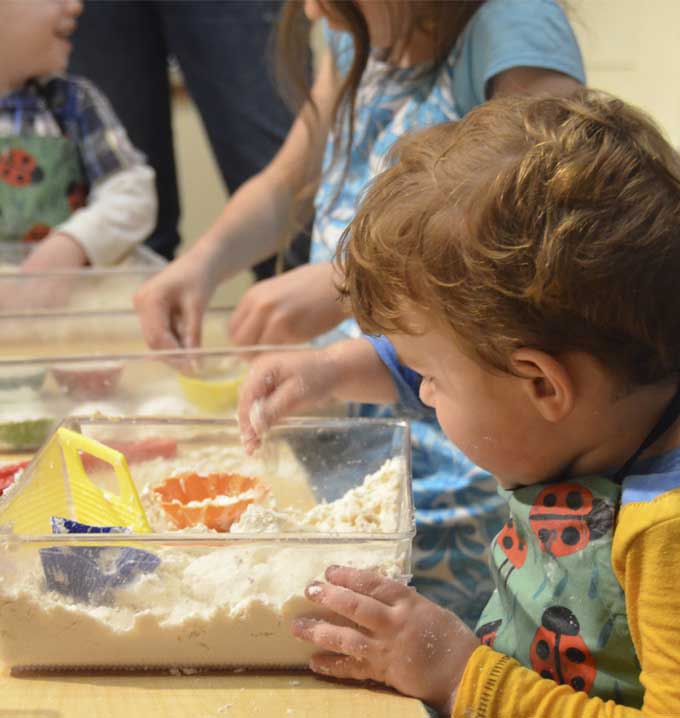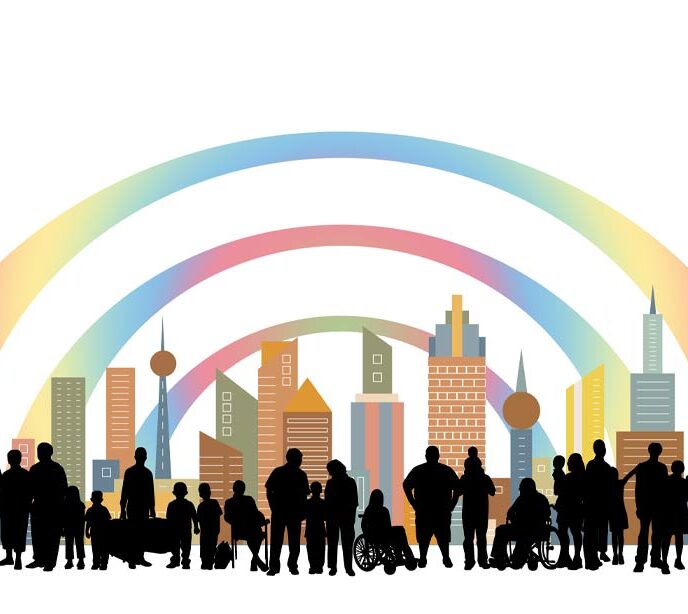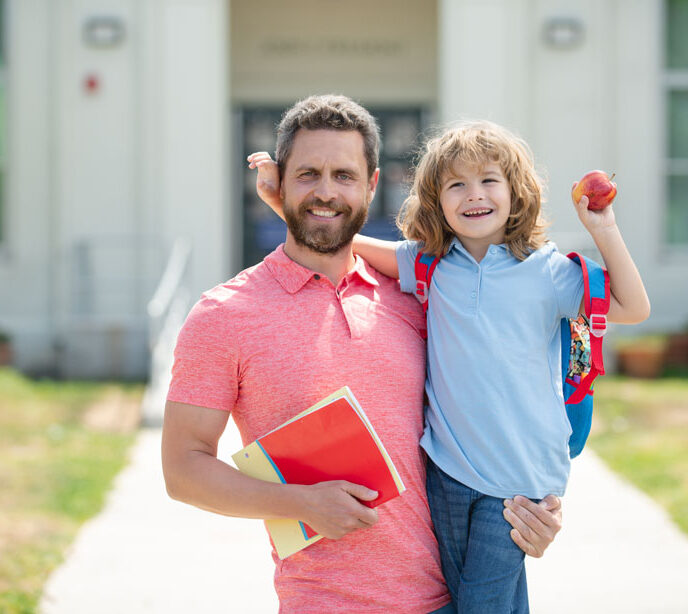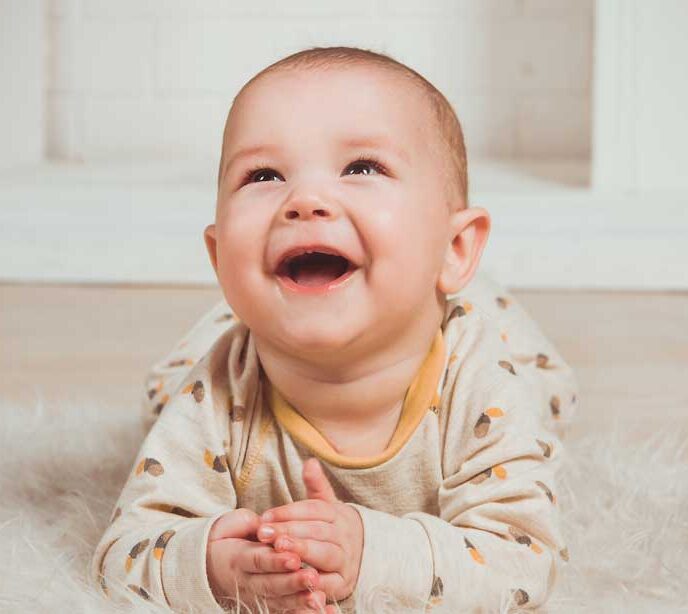Sensory Items for Autism – Lighthouse Autism Center
Sensory items for Autism can have profound benefits for Autistic children, including enhancing motor skills and providing comfort and calamity. Here are some of the best sensory toys to purchase.

A Guide to Sensory Items for Autistic Children
Welcome to this safe and informative space where you can delve into the world of sensory items for Autism. The American Psychiatric Association added sensory sensitivities to the list of symptoms that help diagnose Autism in 2013. If your child is dealing with sensory issues, you should strongly consider getting sensory toys for Autism for them to play with. Other sensory items, such as a sensory weighted blanket, can also prove to be beneficial. What are sensory toys? These toys and items are specifically designed to stimulate a child’s five senses: sound, touch, smell, taste, and sight. These could include sensory lights or different textures.
How Do Sensory Toys Help Autism
Many Autistic children can experience sensory processing differences, which can lead to sensory sensitivities or seeking behaviors. By having these toys and noise-canceling headphones, it can help regulate sensory experiences. It provides Autistic children with the chance to control and comfort themselves in these sensory environments. Children can begin to relax, focus, and calm down in these sensory scenarios or events. These toys and items can further help develop social learning skills such as planning, negotiating, and sharing. It is important to be aware that different sensory toys can help enhance different sensory experiences and developmental skills in Autistic children. Introducing sensory items into daily life can prove to be phenomenally beneficial to your child.
Understanding Different Types of Sensory Issues and Challenges
Autistic children can be over or under-reactive to sensory stimuli. There are two broad types of sensory challenges that Autistic children could experience, namely, hyper-sensitivity and hypo-sensitivity.
Hypersensitivity
Hyper-sensitive children are overly responsive to stimulants. This is often referred to as “sensory overload.” Both extreme and regular stimuli, such as strong smells or bright lights, can make hyper-sensitive children feel overwhelmed.
Hyposensitivity
Hypo-sensitive children are under-responsive to senses and stimulants. For example, a child might have a low sensitivity to pain. They could also be under-responsive to body signals that affect balance control and physical coordination. Sensory weighted blankets and strong-tasting or textured foods are great stimuli for hypo-sensitive children.
What Are the Best Sensory Toys for Autism?
Here are 10 recommendations for what to buy an Autistic child.
1. Sensory Balls
Parents can purchase sensory balls so that children can engage with
multiple senses, and enhance fine and gross motor skills while providing a wonderful calming tactile experience. Rolling, squeezing, or bouncing sensory balls can help to improve grip strength and coordination. You can find sensory balls in various textures and sizes.
2. A Weighted Blanket
Weighted blankets can be good for Autism-related anxiety. Thanks to the even distribution of weight, these unique blankets help to stimulate the production of serotonin and can reduce cortisol.
3. Chewable Jewelry
Autistic children can satisfy their oral sensory needs, reducing the urge to chew unsafe objects. Parents can buy chewable necklaces and bracelets that are made from safe, non-toxic silicone materials that children can safely chew on. This jewelry is made in a variety of textures, from ridges, dots, and patterns, or they can be smooth too.
4. Fidget Spinners
You’ve most likely come across fidget spinners, as they have become quite popular in recent years. Fidget spinners are great for keeping children’s hands occupied. These small handheld devices have rotating child-friendly blades that offer visual and tactile stimulation.
5. Kinetic Sand
This moldable, sensory play material sticks to itself but not to surfaces. Kinetic sand offers a soothing tactile experience and helps to encourage imaginative play for all children. It provides a calming sensory outlet for Autistic children. The ability to bend, mold, squish and cut these substances encourages them to explore and create freely with their hands.
6. Noise-Canceling Headphones
Noise-canceling headphones have been proven to be incredibly effective for Autistic children. Being overwhelmed audibly can cripple Autistic children. Noise-canceling headphones can help create a much more pleasant and quieter auditory environment. These headphones are great to have in crowded settings such as airports, malls, and classrooms.
7. Vibrating Pillow
The smoothing motion and calm sound help to calm your child. Research also shows that vibrating sensory toys can help improve verbal initiations and responses in children. The gentle vibrations provide a comforting sensation which helps them regulate their sensory experiences.
Lighthouse Autism Center
These sensory items can provide tactile stimulation, enhance auditory processing, and encourage motor skill development. Sensory development plays an important role in helping Autistic children. These powerful allies offer great comfort, empowerment, and a pathway to self-expression for Autistic children. Autism tools for parents are vital to support you and the unique needs of your child and family. Lighthouse Fusion ABA Therapy is amongst the programs that can enhance better outcomes for children with Autism.
*Please refer to a licensed practitioner prior to implementing any of the above suggestions.
Together, we can unlock your child’s potential
Related News

06/11/2025
Overcoming Stereotypes
Autism stereotypes are common and can have significant social consequences for autistic children. Misconceptions hinder the acceptance and inclusion of autistic children. Challenging these stereotypes is vital for creating a more understanding and supportive society. Challenging Common Autism Stereotypes When people hear the word “autism,” they often imagine a narrow set of images, like the […]

06/11/2025
What’s Next After ABA Therapy?
There are a number of reasons why an autistic child might stop ABA therapy, and one is that they have reached their goals. In this article, we take a look at what parents can expect going forward. What Are the Next Steps After ABA Therapy? As a parent, you only want what’s best for your […]

06/11/2025
Do Babies with Autism Smile?
We take a look at the importance of early intervention, some of the milestones for parents to look out for, and the more common signs of autism in babies. Do Babies with Autism Smile? Watching your baby grow is an exciting time, certainly one of life’s quiet wonders. From those first sleepy stretches to the […]


